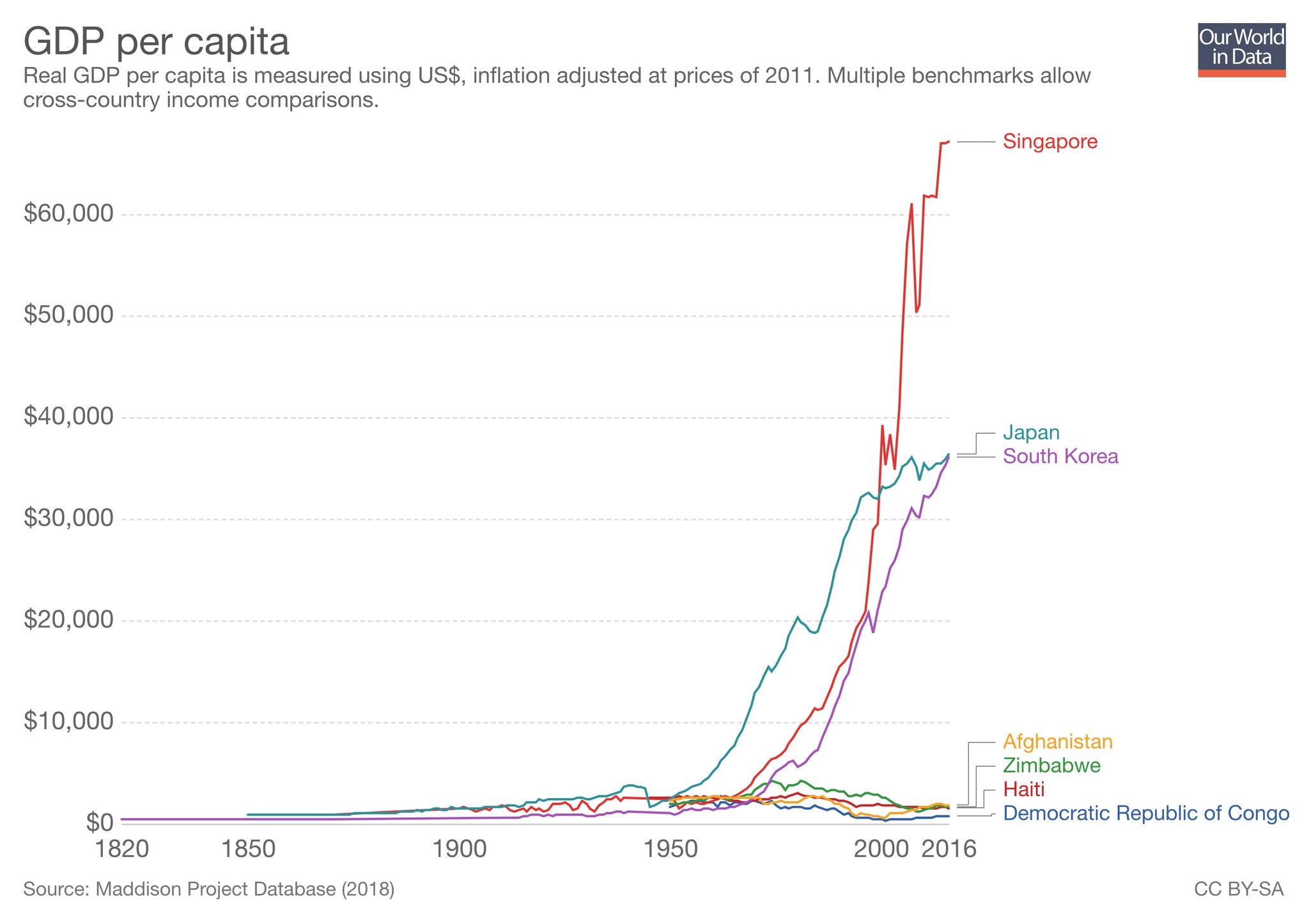I suspect that part of this fascination is that I've experienced really good examples of leaders and a few that were not so good. I'm guessing that anyone reading this blog can relate to that!
What separates the really good leaders from the really bad leaders? Or, for that matter, what separates the really good leaders from those who are mediocre?
We talk a lot about the traits and skills that leaders have but I'm convinced that some of the examples of bad leaders I've seen share similar traits to those who have been really good leaders. For example, one leader who I really respect is very conscientious in seeking input into decisions. I've seen this same trait in another leader who genuinely sought input into decisions but who was not highly respected despite doing this.
What's the difference?
I suspect there are many reasons but one that has recently caught my attention has been the idea of how (or why) we lead change.
One's "theory of action" is the how and the why of their leadership. It is the deep values we hold when we engage in leading change.
Harvard University's Project Zero provides a nice tool to consider to help unpack one's theory of action. Click here to find out more. A short 3 minute video on theory of action, featuring Dr. Steven Katz, is available by clicking here.
There are three key aspects of my theory of action:
- There is a a deep belief in the importance of reciprocity. Any change that I want to lead must consider the ways in which the change will impact others.
- I value the wisdom of elders. Others have insights for me that will most likely lead to effective change and minimize the risk of failure ... if I'm ready to listen.
- Change leadership requires me to remain humble. Is this change about me or is this about my students, my organization, or other stakeholders?
It is from these foundational beliefs and values that I lead change.
Could you describe your theory of action in 100 words or less?


















































